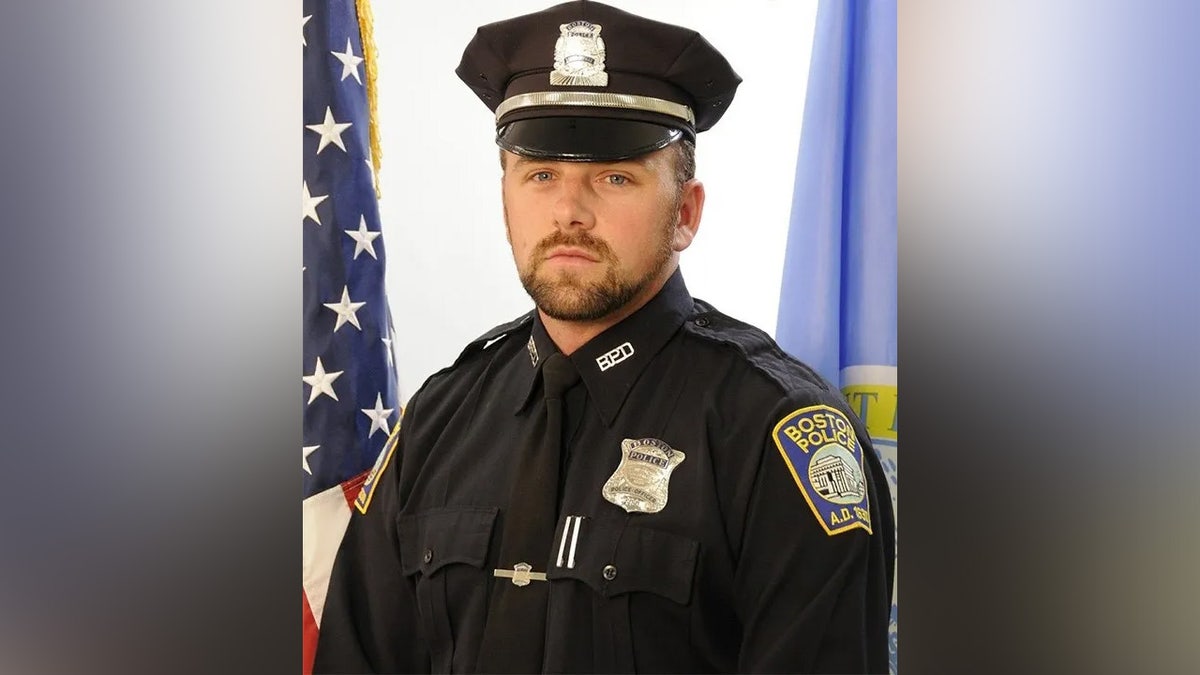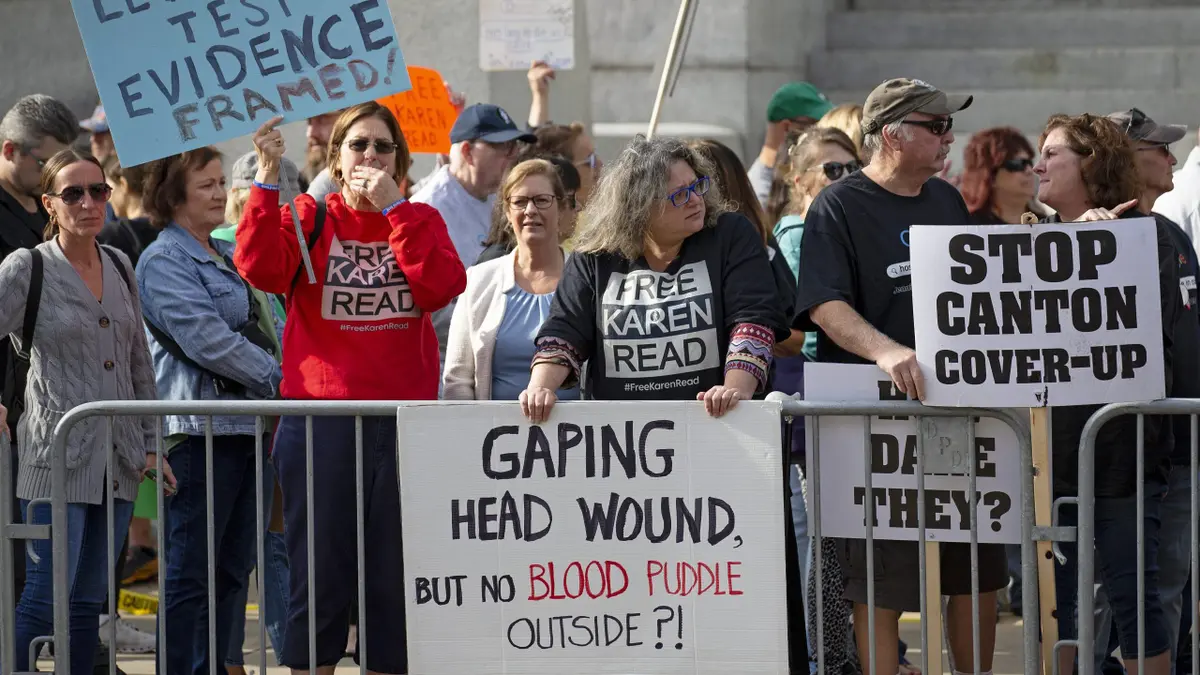Massachusetts Woman Questions Charges in High-Profile Mistrial
A Massachusetts woman is asking the state’s highest court to throw out some of the charges against her after her murder trial for the death of her police officer boyfriend ended in a mistrial amid emerging allegations of a corrupt cover-up involving his own colleagues.
The Heartbreaking Case of Karen Read
Karen Read, a 44-year-old former finance professional, was dating John O’Keefe, a 46-year-old Boston police officer found dead on another Boston police officer’s front lawn in Canton on the morning after a nor’easter in January 2022.
This tragic incident sets the stage for a complex legal battle. Karen Read now argues that certain charges should be dismissed due to double jeopardy principles. Her case is steeped in emotional turmoil, not only for her but for the community grappling with conflicting narratives surrounding the events of that fateful night. The criminal proceedings resulted in a mistrial when jurors could not come to a consensus after over 26 hours of deliberation, highlighting the strains of a justice system struggling to find clarity amidst confusion.
Prosecutors maintain that she ran O’Keefe over with her SUV during a drunken altercation, leaving him alive but injured to succumb to the elements. Contrastingly, Read insists that she dropped O’Keefe off safely at Officer Brian Albert’s house on that snowy evening, before returning home after an outing with friends. This heartbreaking discrepancy between accounts illustrates the profound complexity embedded within human relationships and the tragic fallout that can ensue.
The Complicated Web of Allegations
Read’s legal representation presented her appeal to the Massachusetts Supreme Judicial Court, asserting that two of the three charges in her initial trial should be dropped, given that jurors deadlocked only on the manslaughter charge. This significant moment emphasizes the critical legal doctrines protecting individuals from multiple punishments for the same crime—a privilege that embodies the very essence of fairness in the courtroom.

Following the mistrial, several jurors reportedly expressed afterthoughts regarding their decisions, indicating they believed Read not guilty of the more severe charges. Their voices echo a haunting sense of unfinished business, a theme resonating throughout legal history when verdicts lack consensus.

In the community, whispers swirl of a cover-up involving law enforcement. Read contends she was framed by unidentified assailants, suggesting O’Keefe was attacked inside Albert’s residence, only to be discarded onto the front lawn in the storm. Strikingly, none of these alleged officers have faced charges, leaving many to ponder the integrity of the justice process itself.

The Aftermath and Ongoing Fight for Justice
As this case continues to unfold, it shines a light on pressing societal concerns related to accountability and justice within law enforcement ranks. The medical examiner determined that O’Keefe succumbed to blunt force trauma and hypothermia, laying bare the human cost of violence—be it through intention or oversight. It sparks dialogue among legal experts, civil rights advocates, and everyday citizens grappling with the ramifications of this tragedy.

While the court considers her plea, the emotional weight of this story resonates through the community. With local businesses rallying for support and public opinion swirling, this case becomes emblematic of a greater search for truth and justice in the face of devastating loss. As the upcoming trial looms, many are left wondering where the line is drawn between culpability and circumstance in a world often delightfully complicated, yet painfully simple in its complexities.
